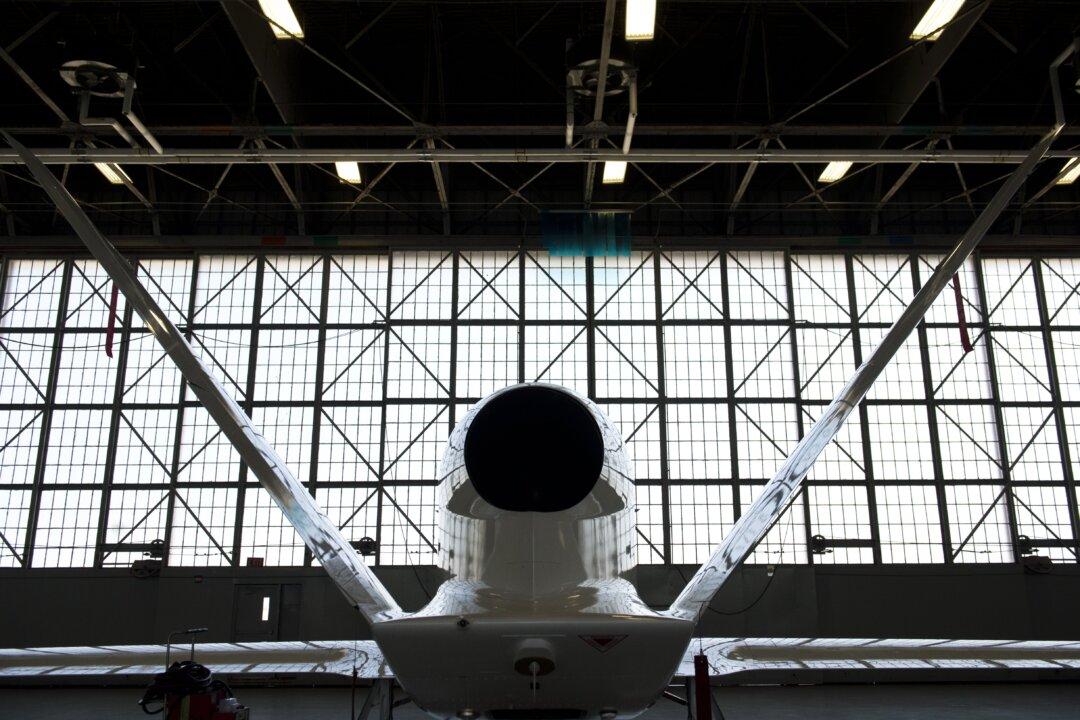The Chinese regime has been actively growing its fleet of unmanned aircraft to spy on and compete with adversaries such as the United States, a leaked document from China’s Ministry of National Defense reveals.
The July 2017 document, supplied to The Epoch Times by a trusted source, describes Beijing’s ambition to dominate what it called “full dimensional warfare”—referring to control over sea, land, air, space, and the electromagnetic spectrum where military equipment communicates—by developing advanced military drones.





